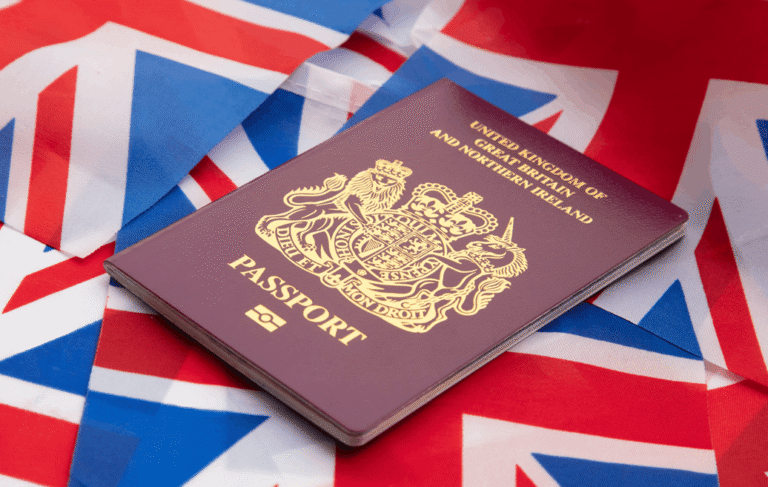Will UK Immigration Rules Change? Recent Protests, White Paper, and Implications for Business Visas

1. From Streets to White Paper: A Shift in Political Pressure
In early to mid-2025, the UK saw waves of anti-immigration protests, especially around hotels accommodating asylum seekers. These were partly sparked by misinformation about individual crimes blamed on asylum seekers, which far-right groups used to mobilise demonstrations. The most visible moment came on 13 September 2025, when around 110,000 people marched in London under the “Unite the Kingdom” banner, highlighting that immigration had become a front-burner political issue, overtaking the cost-of-living crisis in public discourse.
These protests coincided with rising public discontent: net migration hit 728,000 in 2024, and the government was spending millions daily to house tens of thousands of asylum seekers in hotels. Critics across the political spectrum demanded an immigration reset.
2. Government Response: The White Paper and Early Changes
In May 2025, the Labour government published “Restoring Control over the Immigration System”, a comprehensive white paper signalling sweeping reforms. It aims to curb net migration while maintaining legal pathways for talent and business.
Some measures have already been rolled out:
- As of 22 July 2025, the salary thresholds for the Skilled Worker visa have been raised, and the Immigration Skills Charge increased.
The social care visa route (overseas-care recruitment) has been closed to new applicants. - A Temporary Shortage List was created to limit sponsorship of mid-skill roles under stricter oversight.
- The white paper also proposes longer residence periods before settlement (potentially from five to ten years) and stricter English-language and financial requirements for family visas.
However, it’s important to note: a white paper is a policy proposal, not a binding law. Some changes are already in place, but most will require legislation and rule changes.
3. What It Means for Business and Talent Routes
Global Talent visa: The government remains committed to attracting “top scientific and design talent” and plans to simplify endorsement paths. In August 2025, the digital-technology stream saw a streamlined application process, removing extra steps like a separate Tech Nation form. Yet, the white paper’s proposed higher language demands and earned-settlement models may also affect Global Talent dependants.
Innovator Founder visa: This route, introduced in 2023, will likely remain a priority. The white paper signals potential changes to allow smoother transitions for UK university graduates into this route. But proposals to raise English standards and alter settlement rules could impose new hurdles. Entrepreneurs should expect stricter scrutiny of business plans and be ready to demonstrate clear economic contributions.
Skilled Worker / other business routes: These face the heaviest tightening. The white paper proposes eliminating many mid-skill occupations from eligibility, enforcing higher salaries and stricter sponsorship rules, and removing salary list concessions. Employers should prepare for greater compliance audits.
5. Conclusion
Yes – significant changes are expected. The protests of 2025 acted as a catalyst, and the government has responded with a bold white paper and some immediate reforms. Work and business routes will face narrowing eligibility, higher thresholds, and more oversight. Yet, pathways for top talent, such as Global Talent, Innovator Founder, may remain protected or even be expanded, albeit with stricter qualification and contribution requirements.
For applicants, businesses, and immigration advisers, the message is clear: act now under the current rules, be ready for evolving criteria, and build documentation that clearly shows economic value.




